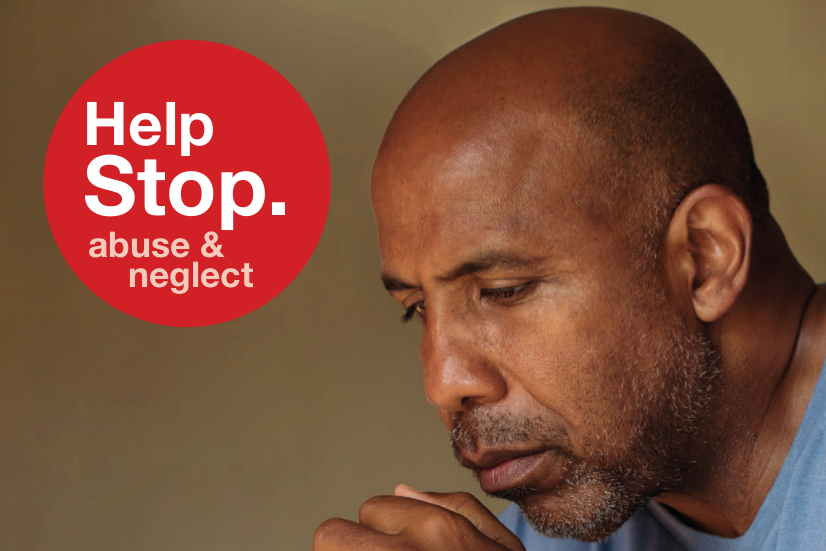COVID-19 social isolation and safeguarding adults
6 April 2020
Advice for professionals
We know that social isolation increases the potential for abuse and neglect for adults at risk. It is likely that domestic abuse, self-neglect, financial abuse and carer stress will increase with social isolation. With more people being asked to self-isolate as a result of Covid-19, this needs to be a key consideration when in contact with adults at risk and when undertaking Section 42 enquiries. Social isolation can mean that:
- Abuse/neglect is hidden from professionals or others.
- People do not get the support they need.
- People feel like they do not want to ask for help for fear of being an added burden.
- Household stress and tension increases.
- People ask for or are offered help from people who might want to take advantage of their vulnerable position.
Some advice to consider:
Use existing tools and guidance to assess risk:
- Nottinghamshire Safeguarding Adults at Risk Referral Pathways
- Carers advice and support
- Domestic Abuse Toolkit
- Self-Neglect Advice and Toolkit
- Nottinghamshire Hoarding Framework
- Social distancing and self-isolation should not be at the expense of protection from abuse and neglect.
- Ensure you factor in Covid-19 pressures to any risk assessments.
- As always, consider mental capacity, control and coercion on a person’s ability to make decisions and keep themselves safe.
- Self-isolation and social distancing could be detrimental for the wellbeing of people living with dementia. Have a look at these helpful tips from The Alzheimer's Society.
Plans to manage risk might include:
- Making a safeguarding referral where needed, consulting Nottinghamshire’s Adult at Risk Referral Pathways as a resource, in conjunction with the Multi Agency Guidance and Procedures.
- Ensure you keep yourself informed of how to spot, prevent and report scams that target vulnerable people that may be self-isolating.
- Undertaking the MARAC checklist and subsequent referral to MARAC. MARAC will continue to operate at this time, but this is likely to be via teleconference.
- Referral to domestic abuse or carer support agencies;
Domestic abuse advice for women (24 hours) 0808 800 0340
Domestic abuse advice for men (office hours) 0115 960 5556
Nottinghamshire Carer’s Hub 0115 8248824
- Flagging the address/person(s) on records following your organisations guidance and asking other agencies to do the same.
- Undertaking an assessment/re-assessment of need for the person and/or carer.
- Contingency arrangements for the person’s care should the person’s informal support need to self-isolate or be unable to provide care.
- Identifying family/friend/neighbour support and ways in which this could be done via phone/internet if possible.

